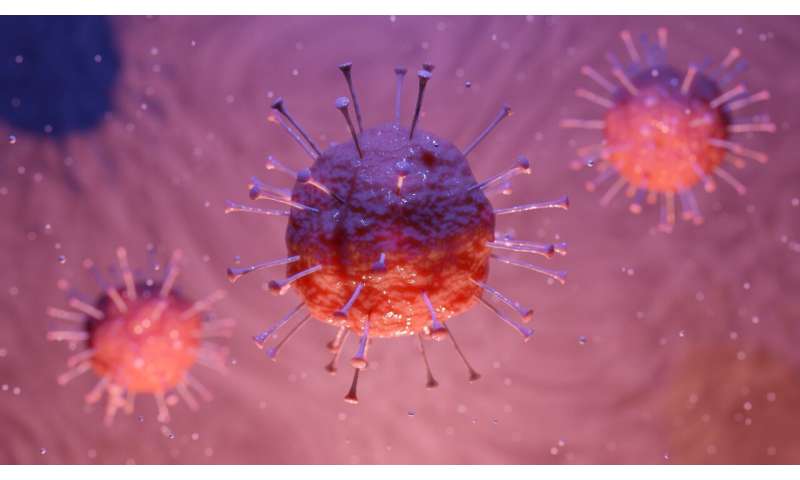
As doctors and care providers work to reduce the spread of the new coronavirus and COVID-19, the disease it causes, people are trying to understand what to do if they receive a COVID-19 diagnosis. Lisa Maragakis, senior director of infection prevention at Johns Hopkins Medicine, explains what to expect.
Is there any specific treatment for COVID-19?
No. Several drugs are being tested to see if they can shorten the duration or lessen the severity of COVID-19. Those tests might produce some findings soon. A vaccine that can prevent people from getting infected, however, is at least a year away—a best estimate based on current information.
What usually happens when the virus enters the body?
Viral droplets transmitted from an infected person’s cough or sneeze enter through your nose, mouth or eyes—the usual entry points for respiratory viruses. Even if they don’t cough or sneeze directly on you, you may get the virus if you touch something an infected person recently touched and then touch your face, nose, mouth or eyes.
From there, it travels to the back of your nasal passages and to the mucous membranes in the back of your throat. That’s the place where symptoms—such as a sore throat and dry cough—often start.
Then the virus spreads down the airway passages to the lungs. When the lungs’ membranes become inflamed, it’s harder for them to work properly. This situation may set the stage for pneumonia.
In addition to causing problems in the lungs, the virus may also cause nausea, diarrhea or indigestion if it infects cells in the gastrointestinal system.
In the most severe cases, COVID-19 may lead to organ failure and death.
How long does it take to show symptoms after you have been exposed to COVID-19?
Symptoms could appear as soon as two days after exposure to as long as 14 days later, according to the Centers for Disease Control and Prevention (CDC). A new study led by researchers at Johns Hopkins Bloomberg School of Public Health provides a median time of about five days. That is why the 14-day quarantine period is used by the CDC for people with likely exposure to the new coronavirus.
If I get sick with COVID-19, how long will it take before I feel better?
Those with mild cases of COVID-19 appear to recover within one to two weeks. For severe cases, recovery may take six weeks or more. About 1% of infected people worldwide will die from the disease.
Can I get sick from COVID-19 more than once?
Researchers don’t know yet whether reinfection can occur. Some patients continue to test positive for the virus for a while after their symptoms have gone away.
After I feel well again, when will it be safe for me to go out in public?
Source: Read Full Article
